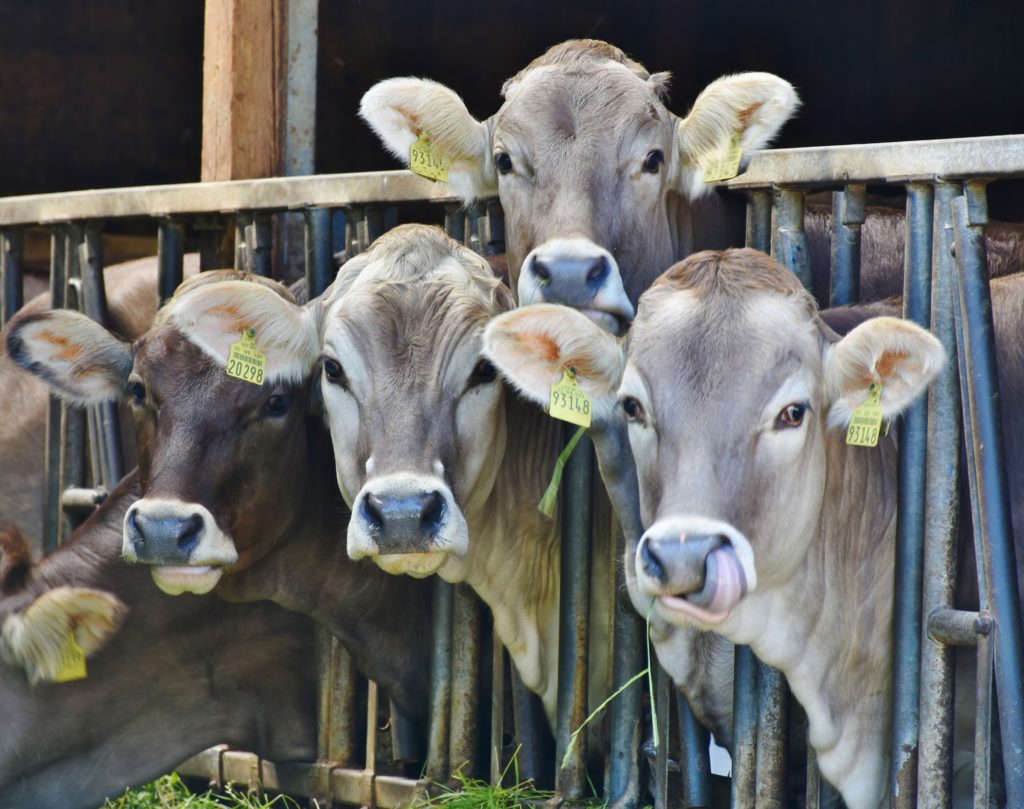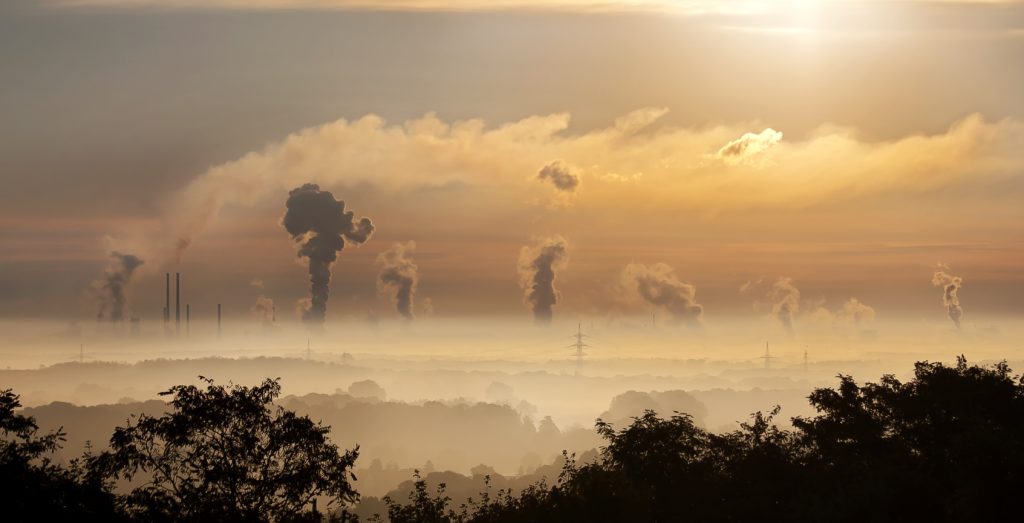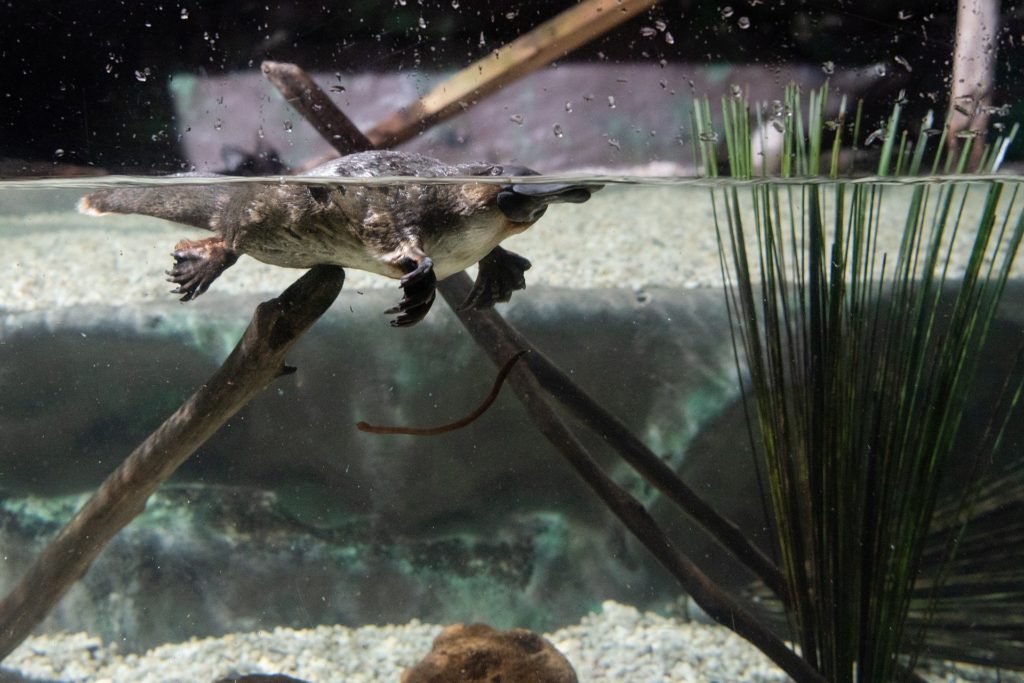This Week on Earth
This Week on Earth: 6 months to avoid a climate crisis
June 19, 2020
Good morning, and welcome back to This Week on Earth. Each week, we highlight the latest environmental news and what it means for our planet.
Protests continue across the world, including the Mass Poor People’s Assembly and March on Washington this Saturday. Global daily emissions are jumping back to pre-pandemic levels as countries reopen. And it turns out, plastics are everywhere.
Check out our week in review.
Climate change and pregnancy risks
Research published this week linked climate change to negative health effects for pregnant women and babies. As climate change worsens, heat rises and air pollution increases, factors that increase the likelihood of premature, underweight or stillborn babies. According to the study, black mothers are affected most.
“We already know that these pregnancy outcomes are worse for black women,” said Rupa Basu, one of the paper’s authors, to the New York Times. “It’s even more exacerbated by these exposures.”

Big Dairy’s huge climate footprint
A new study found that the world’s 13 largest dairy farms have the same climate footprint as the entire United Kingdom, reports Grist.
Cows are a huge source for methane emissions, a greenhouse gas that absorbs much more heat than CO2. Meanwhile, according to the report, consolidation and rising production among dairy companies have accelerated these emissions.
Many know the link between meat consumption and climate change, but the latest study shows the huge, and growing, climate impact of dairy. The news provides yet another reason to go plant based (here are some of our favorite plant-based recipes to get started).
PG&E pleads guilty to 2018 wildfire
In late 2018, the deadliest and most destructive wildfire in California’s history tore through the northern part of the state. At least 84 people died directly from the blaze and it damaged towns across Butte County.
On Tuesday, California utility company Pacific Gas & Electric (PG&E) pleaded guilty to 84 counts of involuntary manslaughter and one felony count of unlawfully causing a fire, reports NBC News.
“Our equipment started that fire,” PG&E Corporation CEO and President Bill Johnson said in a court hearing. “I wish there was some way to take back what happened, or to take away the impact, the pain that these people have suffered. But I know that can’t be done.”
The EPA’s latest failure: Air quality
Research shows that current air pollution standards are inadequate to protect public health, yet lately the Environmental Protection Agency’s deregulatory and skeptical-science approach has trumped all else, including human lives.
The EPA, initially created to protect its citizens from environmental pollution, is now refusing to tighten restrictions on air pollution. And since the costs of air pollution are inequitably distributed, low-income communities and communities of color are disproportionately bearing the brunt of the EPA’s failures.

Unilever’s ambitious carbon goal
Unilever, one of the largest consumer goods companies in the world, recently set an ambitious goal: The company plans to reach net-zero emissions by 2039, 11 years before the official deadline, set by the Paris Climate Agreement.
Hundreds of countries and companies promise to reach net-zero carbon emissions by 2050 — but many continue to miss these targets. Perhaps the latest from Unilever can start reversing that trend. Read the full story by Fast Company.
Did we say 2050? Scratch that
Energy experts predict we have six months to change the course of the climate crisis and prevent a post-pandemic rebound in greenhouse gas emissions, reports The Guardian. If we don’t, a climate catastrophe is all but guaranteed.
Calls for a green coronavirus recovery are now even more urgent.
“A post-Covid world must be a fair one,” said Jamie Peters, campaigns director at Friends of the Earth, in an interview with The Guardian. “It will only be equitable if the government prioritises health, wellbeing and opportunity for all parts of society. As if the case was not compelling enough in a dangerously heating planet, it is even more urgent post-Covid.”
Green recoveries, sans U.S.
Speaking of green coronavirus recovery, the U.S. has yet to see any of its $3 trillion in relief packages go toward addressing climate change.
“It is irresponsible from a very basic good government perspective to not have any of that money go to clean energy and fighting climate change,” Julian Brave NoiseCat, Vice President of Policy and Strategy at Data for Progress, tells NPR.
Other economic disasters — like the Great Depression and the 2008 recession — led to massive shifts in the energy sector. So far, that’s not been the case for the world’s second-largest greenhouse gas emitter.
Heat is killing Americans — and we’re not responding fast enough
This is a long read, but well worth the time. Five reporters investigate how a decade of neglect and politics undermined the Center for Diseases Control and Prevention’s fight against climate change, specifically extreme heat.
Interviewing experts, outlining histories and telling stories of people on the frontlines of heat waves, the team of reporters depict a nationwide tragedy in which the U.S. has failed to respond. This investigation was conducted by Columbia Journalism Investigations and the Center for Public Integrity and co-published in partnership with The Guardian.

Save the platypuses
Now, for some good news: A small group of wild platypuses rescued from the Australian wildfires is returning home after months at the zoo.
Platypuses are extinct in 40% of their historic range, and this estimate came before the devastating 2019 bushfires consumed habitats holding more than one billion animals. The Taronga Zoo in Sydney organized several rescue missions into the affected areas — saving seven of these animals, deemed a “legacy species.”
